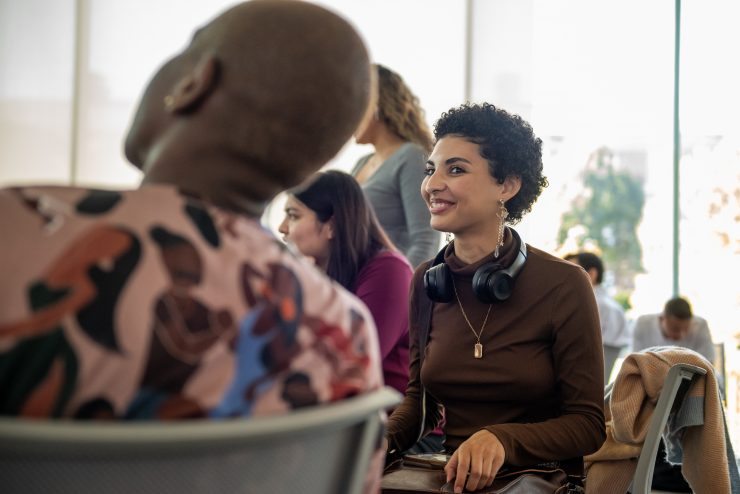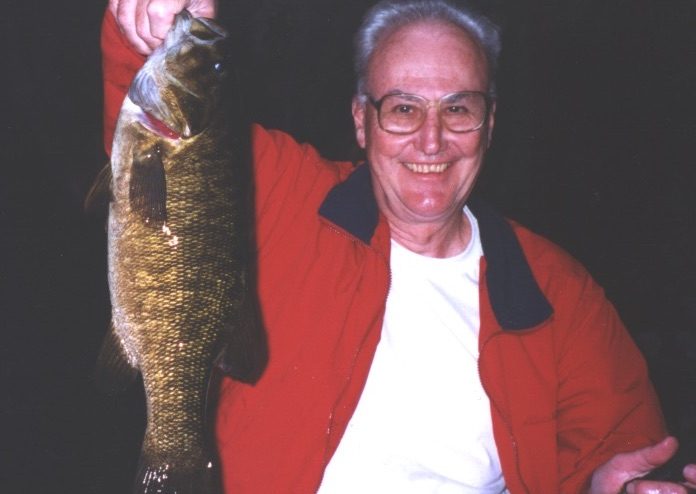Our Commitment to Diversity and Inclusion
The Derner School is committed to recruiting top students from diverse and underserved backgrounds and to promoting diversity in our curriculum, extracurricular programming and faculty.
Diversity Statement
The Derner School of Psychology is committed to creating an inclusive environment in which:
- All members of its community can develop and thrive
- Diverse points of view are welcomed, encouraged and respected
- Individual differences are explored, recognized, celebrated and facilitated
- Equity and social justice are actively promoted
- The historical, social and political forces and contexts that create and sustain structural inequalities are considered
- There is ongoing learning about different worldviews, strategies for addressing biases and becoming advocates for self and others
- Self-awareness is encouraged to address biases by race, ethnicity, gender, religion, social class, age, disability, nationality, immigration status, sexual orientation etc. and their intersections
- There is accountability and endeavors to create awareness, educate and repair when people struggle to recognize their biases, and decisive action is taken to combat them
- Our teaching, research, practice and policies recognize and incorporate the diversity that exists in today’s society
- Students are prepared to work with and promote the health and well-being of diverse individuals, groups and communities
My goals align perfectly with our University’s strategic goals regarding academic distinction and inclusive community. For me, these goals are interdependent: The pursuit of one will advance the other. Our academic excellence, for example, is best served by promoting greater community among our faculty and students.
 J. Christopher Muran, PhD
Dean, Gordon F. Derner School of Psychology
J. Christopher Muran, PhD
Dean, Gordon F. Derner School of Psychology
Building a Truly Inclusive and Welcoming Community
PhD in Clinical Psychology: Individual and Cultural Diversity
Our doctoral program upholds a commitment to non-discrimination, emphasizing respect for individual and cultural diversity. The program actively promotes diversity in recruitment, retention, curriculum, and community events, guided by principles outlined in APA policies and ethical guidelines, fostering an inclusive environment for students and faculty.
Patrick L. Ross Fellowship Fund
This fund enables our PhD students from underrepresented groups to pursue careers as psychologists and improve the mental health of people throughout our diverse society.

